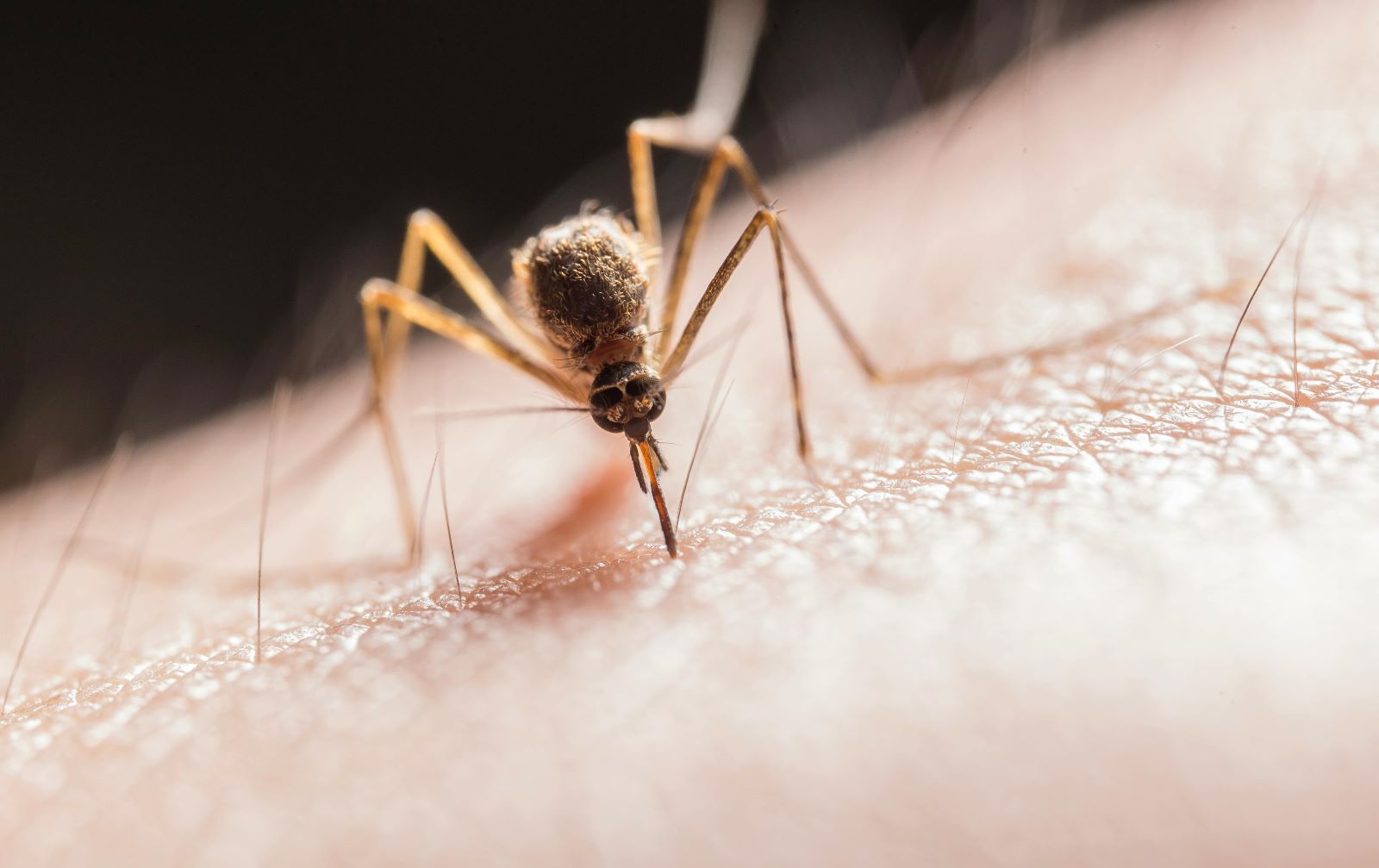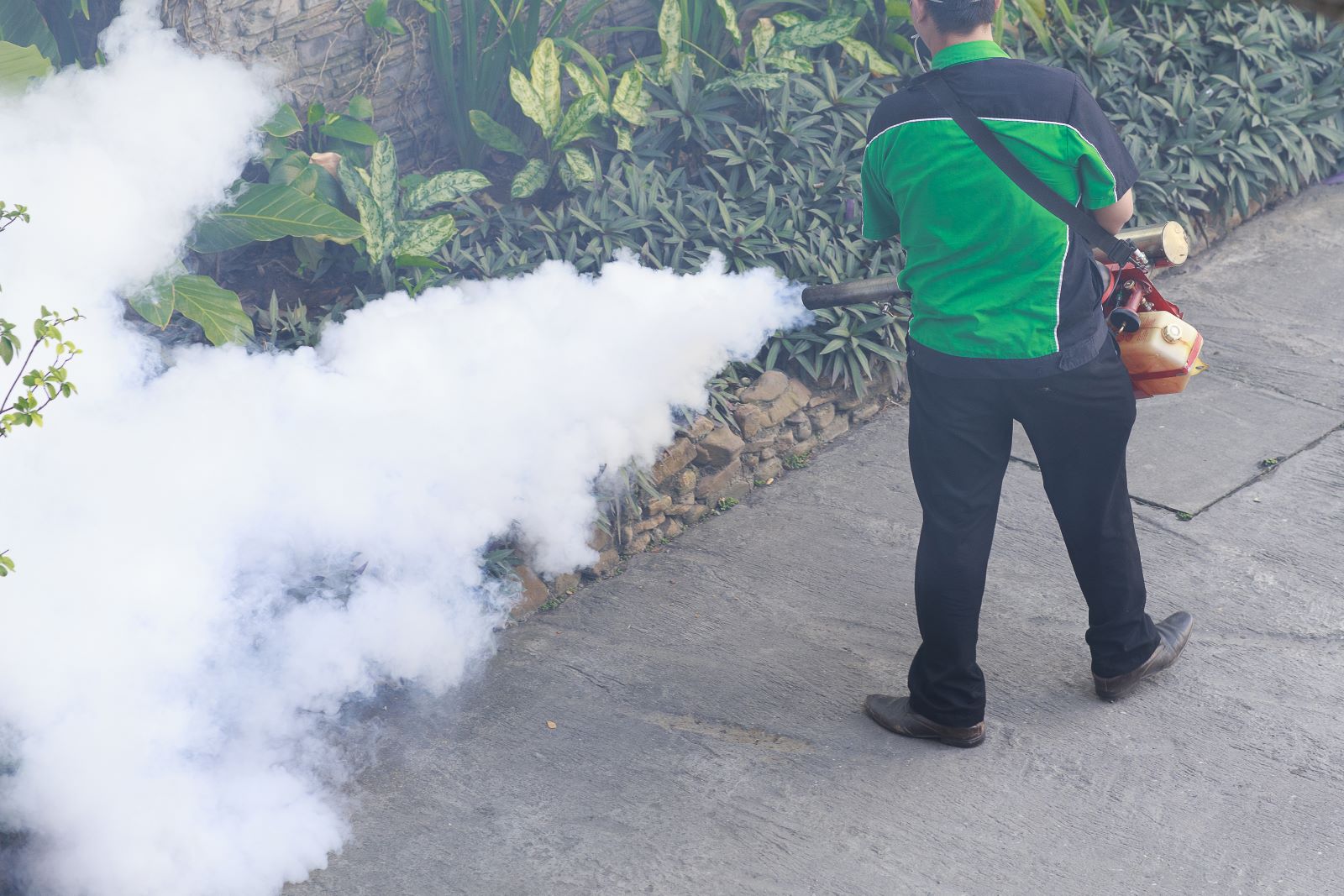Dengue fever, a mosquito-borne illness, is becoming an increasing threat in the United States. Here’s everything you need to know about this alarming disease, its symptoms, and its deadly progression. Brace yourself—this isn’t for the faint of heart.
1. Dengue Fever is Spreading

Image Credit: Shutterstock / Len44ik
Dengue fever, once confined to tropical regions, is now making its way into the U.S. Climate change and increased travel are aiding the spread of the Aedes mosquito, the primary carrier of the virus.
2. The Mosquito Connection

Image Credit: Pexels / Jimmy Chan
Aedes mosquitoes, recognizable by their white markings, bite during the day and are aggressive biters. They thrive in warm, humid environments, making parts of the southern U.S. increasingly susceptible.
3. Initial Symptoms

Image Credit: Shutterstock / eldar nurkovic
Dengue fever symptoms can appear 4 to 10 days after being bitten by an infected mosquito. Initial signs include a sudden high fever, severe headaches, pain behind the eyes, and joint and muscle pain.
4. The Rash

Image Credit: Shutterstock / Marina Demidiuk
Within a few days of the fever, a rash can develop. This rash usually starts on the face and spreads downward, covering the body. It’s often accompanied by severe itching, adding to the discomfort.
5. Severe Pain

Image Credit: Shutterstock / Pormezz
Dengue fever is often called “breakbone fever” due to the intense pain it causes. This pain can be so severe that it feels like your bones are breaking, making even simple movements agonizing.
6. Nausea and Vomiting

Image Credit: Shutterstock / Maridav
As the disease progresses, sufferers often experience nausea and vomiting. This can lead to dehydration, which further complicates the body’s ability to fight off the virus.
7. The Critical Phase

Image Credit: Shutterstock / Tomsickova Tatyana
Between the third and seventh day of illness, patients may enter a critical phase. During this time, their fever might drop, but it’s not a sign of improvement. Instead, it signals the start of potentially life-threatening complications.
8. Plasma Leakage

Image Credit: Shutterstock / Gorodenkoff
The most dangerous aspect of dengue is plasma leakage. This occurs when the virus causes blood vessels to become permeable, leading to fluid accumulation in the chest and abdomen. It can result in shock and organ failure.
9. Hemorrhagic Symptoms

Image Credit: Shutterstock / Pormezz
Severe dengue can cause bleeding from the nose, gums, or under the skin, appearing as bruises. This hemorrhagic form can lead to significant blood loss and requires immediate medical attention.
10. Organ Damage

Image Credit: Shutterstock / Gorodenkoff
Dengue can affect vital organs, including the liver and heart. Liver enlargement and heart inflammation can occur, leading to severe health complications that are often fatal if not treated promptly.
11. Dengue Shock Syndrome

Image Credit: Shutterstock / gpointstudio
Dengue shock syndrome (DSS) is the most severe form of the disease. It results from significant plasma leakage, severe bleeding, and organ impairment. DSS can quickly lead to death without rapid medical intervention.
12. No Specific Treatment

Image Credit: Shutterstock / ldutko
There is no specific antiviral treatment for dengue fever. Supportive care, including hydration, pain relief, and careful monitoring, is crucial. Severe cases may require hospitalization and intensive care.
13. Fatalities are Rising

Image Credit: Shutterstock / KieferPix
As dengue spreads, the number of fatalities is increasing. The World Health Organization estimates that severe dengue causes around 25,000 deaths annually worldwide. In the U.S., cases are rising, and deaths are expected to follow suit.
14. Preventative Measures

Image Credit: Shutterstock / Sompetch Khanakornpratip
Preventing dengue fever primarily involves controlling mosquito populations and avoiding bites. Use insect repellent, wear long sleeves and pants, and eliminate standing water where mosquitoes breed.
15. Vigilance is Key

Image Credit: Shutterstock / Evgeny Atamanenko
Awareness and vigilance are critical in combating dengue fever. Recognize the symptoms early, seek medical attention promptly, and follow preventive measures to protect yourself and your loved ones.
A Rising Threat

Image Credit: Shutterstock / Ground Picture
Dengue fever is not just a tropical disease anymore—it’s a growing threat in the U.S. Understanding its dangers and staying vigilant can mean the difference between life and death. Are you prepared to protect yourself and your family?
Oil Dumping Scandal Rocks Ships Heading to New Orleans

Image Credit: Shutterstock / Aerial-motion
Two shipping companies have been fined after knowingly hiding a large oil spill in the Atlantic Ocean. Oil Dumping Scandal Rocks Ships Heading to New Orleans
20 Eye-Opening Realities Facing Retiring Baby Boomers

Image Credit: Shutterstock / Jack Frog
As Baby Boomers approach retirement, the promise of leisure and security often seems unattainable. This generation faces unique challenges that could redefine retirement. Here’s a stark look at the realities shaping their outlook. 20 Eye-Opening Realities Facing Retiring Baby Boomers
Retail Apocalypse: Massive Closures Sweep Across U.S. Brands

Image Credit: Shutterstock / Tada Images
Stores across the U.S. are closing at unprecedented levels, according to new research from advisory firm Coresight Research. Read on for more information about the impact this could have on you and your communities. Retail Apocalypse: Massive Closures Sweep Across U.S. Brands
Featured Image Credit: Shutterstock / Tiplyashina Evgeniya.
For transparency, this content was partly developed with AI assistance and carefully curated by an experienced editor to be informative and ensure accuracy.


